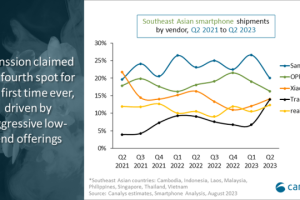Researchers have created — scGen — an Artificial Intelligence (AI)-powered tool that promises to reshape the way we study disease and its cellular-level treatment.
The research, released in the journal Nature Methods, demonstrates that scGen will help map and study cellular disease response and treatment beyond the information accessible from experiments.
According to the scientists, scGen is a generative deep learning model that leverages ideas from pictures, sequence, and language processing and uses them to model a cell’s behavior conducted on a computer or through computer simulation.
The next step for the team is to enhance scGen, make it a fully data-driven formulation, enhancing its predictive power to allow the analysis of perturbation combinations.
Large-scale organ atlases in a good state, particularly within the Human Cell Atlas, will quickly be accessible. This is an important step in better understanding healthy-state cells, tissues and bodies and offering a reference when diagnosing, tracking and treating illnesses.
A key objective of computational biology is to accurately model cellular response to perturbations such as illness, compounds, and genetic procedures.
Moreover, scGen is the first tool to predict the out-of-sample cellular reaction. This implies that scGen is prepared to create credible projections for a distinct system if trained on information capturing the impact of perturbations for a specified system.




























